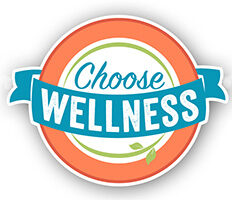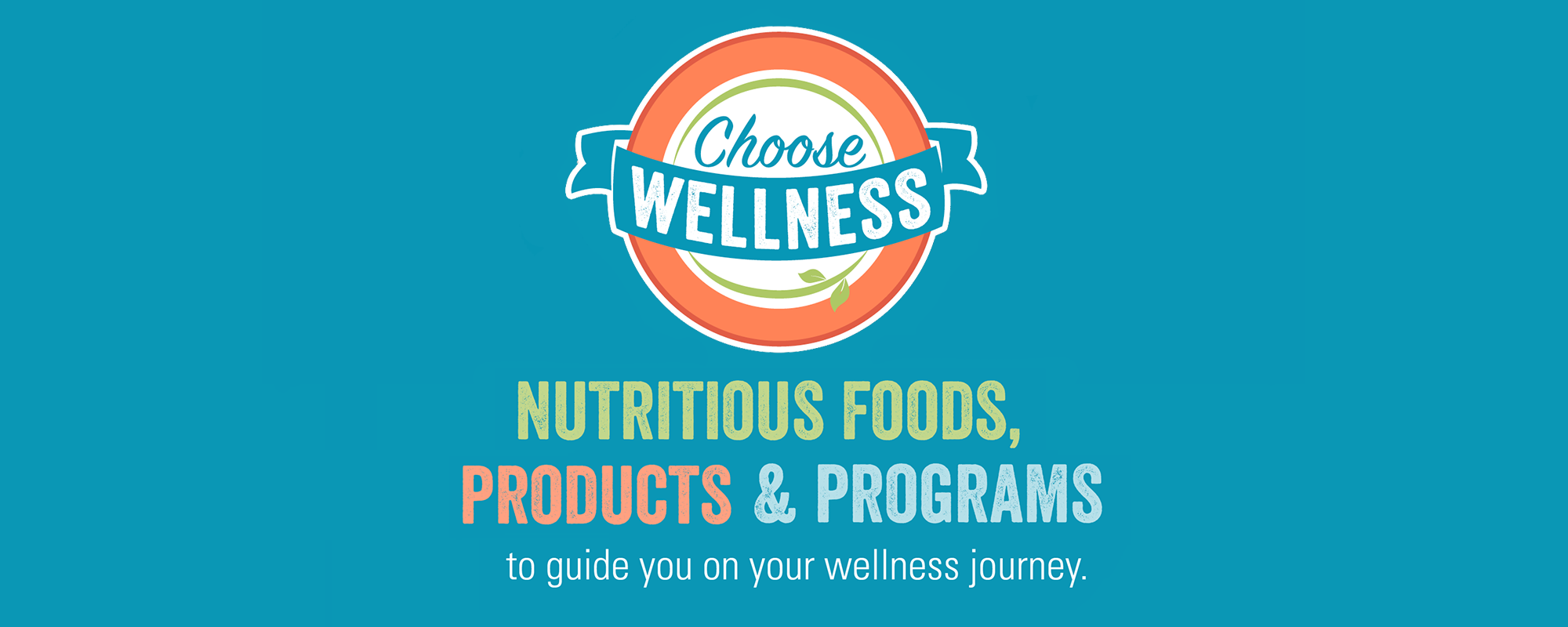How is nutrition related to oral/dental health?
According to the American Dental Association, those who eat foods containing calcium and phosphorous are less likely to develop gum disease. Calcium is a prime ingredient for preventing tooth decay, especially for growing children.
According to the Academy of Nutrition and Dietetics (https://www.eatright.org) Foods for Optimum Oral Health are:
Calcium-rich foods, such as low-fat or fat-free milk, yogurt and cheese, and fortified soymilk help promote strong teeth and bones. Other sources of calcium include tofu (made with calcium sulfate), canned salmon, almonds and some dark green leafy vegetables.
Phosphorus, a mineral found in eggs, fish, lean meat, dairy, nuts and beans is good for strong teeth.
Vitamin C promotes gum health, so eat plenty of sources, including citrus fruits, tomatoes, peppers, broccoli, potatoes and spinach.
The consumption of sugars has been associated with an increased risk of developing dental caries. Frequent consumption of acidic food and beverages is associated with an increased risk of erosive tooth wear.
According to the Mayo Clinic (https://www.mayoclinic.org), you can protect my oral health by:
To protect your oral health, practice good oral hygiene daily.
Brush your teeth at least twice a day for two minutes each time. Use a soft-bristled brush and fluoride toothpaste.
Floss daily.
Use mouthwash to remove food particles left after brushing and flossing.
Eat a healthy diet and limit sugary food and drinks.
Replace your toothbrush every three to four months, or sooner if bristles are splayed or worn.
Schedule regular dental checkups and cleanings. Also, contact your dentist as soon as an oral health problem arises.
Avoid tobacco use.


